Call: (810) 674-3060

Do I Need Dental Implants?
Dental implants are frequently considered the optimal solution for tooth loss due to their numerous benefits.
Ensure a Genuine Appearance - Sitting in the dentist's chair for an extended period can be challenging for some individuals, especially children who may struggle to remain still and tend to fidget. This could be better during intricate procedures. Consequently, numerous patients choose sedation to enhance their comfort throughout the treatment.
To ensure comfort during a lengthy procedure - Sitting in the dentist's chair for an extended period can prove challenging for certain individuals, especially children who may find it difficult to remain still and tend to fidget. This can be less than ideal during intricate procedures. Consequently, numerous patients choose sedation as a means to enhance their comfort throughout the treatment.
Taking care of these is easy - Dental implants offer a permanent solution, eliminating the need for dentures or removable bridges that may slip. Maintaining dental implants is as easy as caring for natural teeth, requiring simple brushing and flossing.
Maintain a Healthy Mouth - Ill-fitting dental appliances can lead to bone loss, gum irritation, and a higher likelihood of periodontal disease and tooth decay. Dental implants seamlessly blend with your natural smile, safeguarding your jaw and gums.
This can be life-changing - Our dental implants are designed to provide a lifetime of durability! No other tooth replacement option can offer this level of longevity.
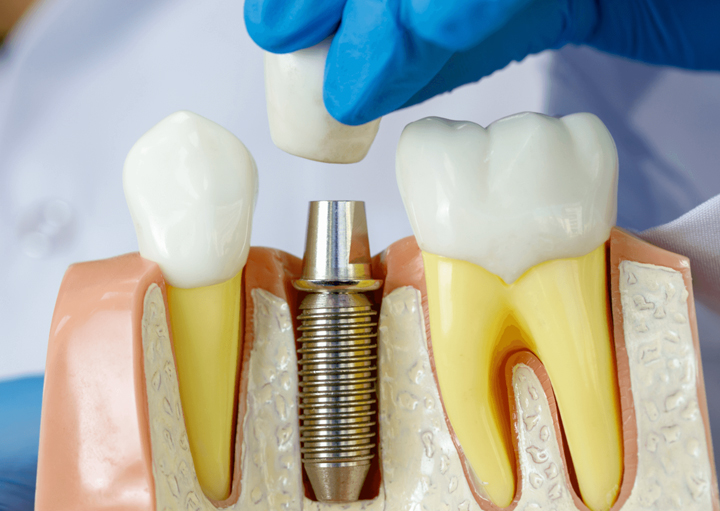
What is the functioning process of dental implants?
Which type of dental implant is suitable for me?
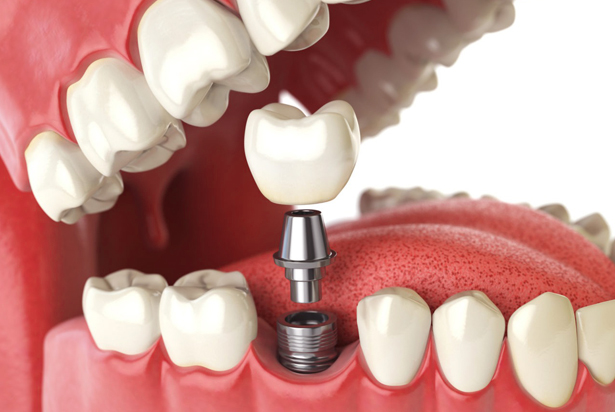
Single Dental Implant
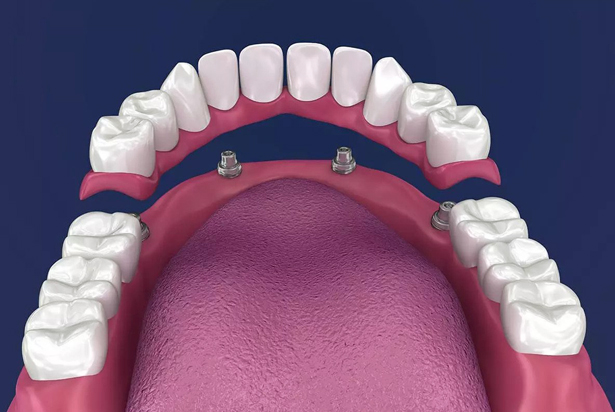
Implant Retained Dentures
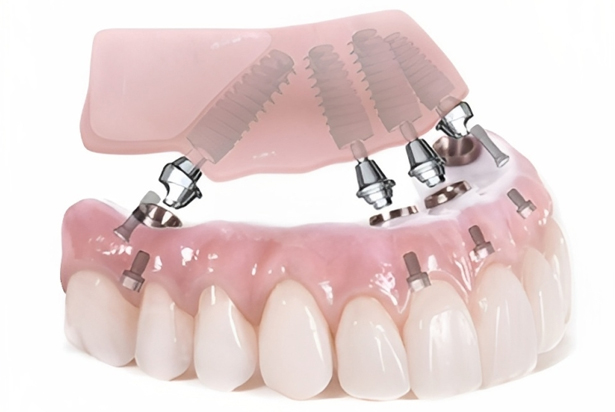
All-on-4® Dental Implants
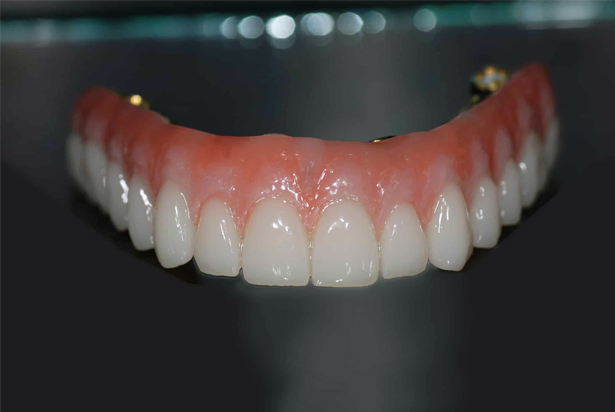
Hybrid Implant Dentures
What steps should I take to prepare for my dental implant treatment?
Bone Graft
Socket Preservation
Gum Graft
What is the cost of dental implants?
If you need bone grafting, the overall expenses for your implants will increase due to factors such as the quality, quantity, and placement of the bone.
The type of dental implant and the number of teeth that need to be replaced.
Certain dental insurance plans may only provide coverage for specific aspects of implant treatment, while others may require a waiting period before becoming eligible for coverage.

